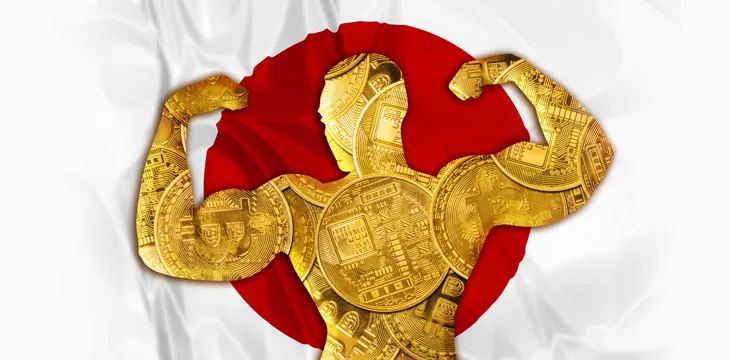|
Getting your Trinity Audio player ready...
|
Exchanges that are a little too lax on their anti-money laundering (AML) and know your customer (KYC) protections will need to start paying more attention. Japan, one of the world’s leaders in cryptocurrency regulation since the fall of Mt. Gox, looks to focus on these areas even more this year in an effort to grow up the industry.
Japanese outlet Nikkei reports the country’s Financial Services Agency (FSA) is “taking a hard look at cryptocurrency exchanges.” This comes as a G20 meeting will visit the country on June 28 and 29, and the FSA is expected to undergo an inspection by the global body’ Financial Action Task Force (FATF) to see how its performing.
Japan has a lot of reasons to want to be a world leader in crypto regulation. In 2008, when the FATF rated the country, they got the lowest possible rating, indicating that they lacked legal protections against money laundering. Mt. Gox, the infamous crypto exchange, also left a black stain on the crypto community of Japan, leading to world-leading regulations.
The space still lacks a lot of basic protections that traditional financial institutions demand though. Exchanges from around the world are raising funds in suspicious ways, potentially manipulating the market, and in the case of Binance specifically, offering high value trades with no KYC or AML protections whatsoever.
This new report indicates Japan wants to fix this situation, at least locally, so they can brag to the world body about their new responsible framework. If they’re able to pull it off, the potential consequences could be devastating to the likes of Binance, in ways that many have already foreseen.
It’s a very simple equation. Japan is making their crypto regulations stronger to impress the international community, but they are common-sense rules that will still allow legitimate businesses to flourish. As other countries get smart to the industry, they won’t want to look like Japan did in 2008, and they will strengthen their laws as well. The self-reinforcing cycle will continue until exchanges all around the world have to play by the rules, or be shown for what they are.
That cycle isn’t starting now, it already started, and Japan is now responding to it. Canada, embarrassed by its QuadrigaCX debacle, will have to follow suit. The U.S. and China will eventually have to react as well, and then the rest of the world will respond pretty quickly.

 07-05-2025
07-05-2025 





